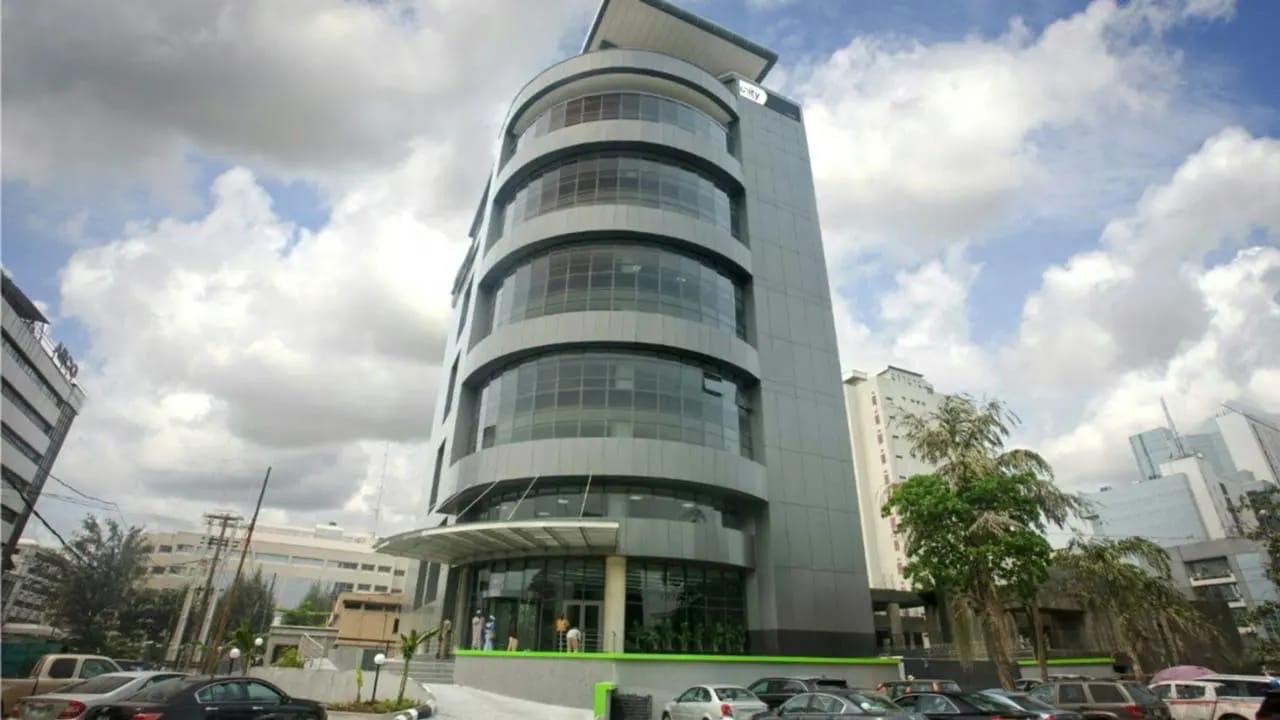

National Coordinator of the Value Chain Development Programme, VCDP, Dr. Fatima K. Aliyu, has urged the Federal Government to ban the importation of certain cassava derivatives to protect the local industry in the country.
Aliyu made the call at a stakeholders’ advocacy meeting in Minna, Niger State, where she observed that imported products like starch and other cassava based items compete with local cassava products, thereby hindering the growth of the sector.
Represented by Mr Agama Sunday, VCDP Market Development Officer, Aliyu also noted that the cassava sector has not grown as rapidly as the rice sector, despite efforts to promote both crops when the programme started about 10 years ago.
She explained that aside competition from imported products, cassava also lacks market opportunities.
According to Aliyu, to tackle the challenge, VCDP has created new market opportunities for cassava products, particularly with companies producing ethanol and other food materials, while urging farmers to expand their production in cassava.
“As at four years ago, there was no growth in the cassava sector until now. And we want it to compete favourably with rice in commercial form to generate revenue for farmers and the country. We want farmers to expand and we need industries to buy them.
“That’s why the Niger State VCDP which is one of our outstanding states in the last 10 years of the programme, decided to hold meetings with stakeholders to discuss on the policy on cassava production and on the need to take advantage of the opportunities that abounds in it,” she said.
Mr. Boma Anga, CEO of Agro Nigeria Ltd, in a paper titled ‘Developing the Dried Cassava Chips for Export’, highlighted the high market demand for dried cassava chips from industries, which currently stands at 25 million metric tons of which Nigeria can only produce 1.2 million metric tons annually.
He emphasized that Niger State has the potential to lead in cassava production and attract agro-industries, given its comparative advantage in cassava production and good performance in rice production.
Prof. A. A. Coker of the department of Agriculture, Federal University of Technology, Minna, recommended developing a roadmap to address challenges and opportunities in the cassava industry.
He also suggested implementing tariffs to protect local industries, increasing government revenue, and encouraging value addition.
Mrs. Elizabeth Yisa, Niger VCDP Business and Marketing Development Officer, stated that the stakeholders’ meeting was organized to discuss ways to move the cassava policy, and address challenges facing farmers in transporting and marketing their products.
Earlier, the state VCDP coordinator, Hajiya Habitat Isah, had encouraged farmers to seize opportunities in dried cassava chips production to gain financial freedom.
Experts call for ban on imported cassava derivatives to boost local industry







